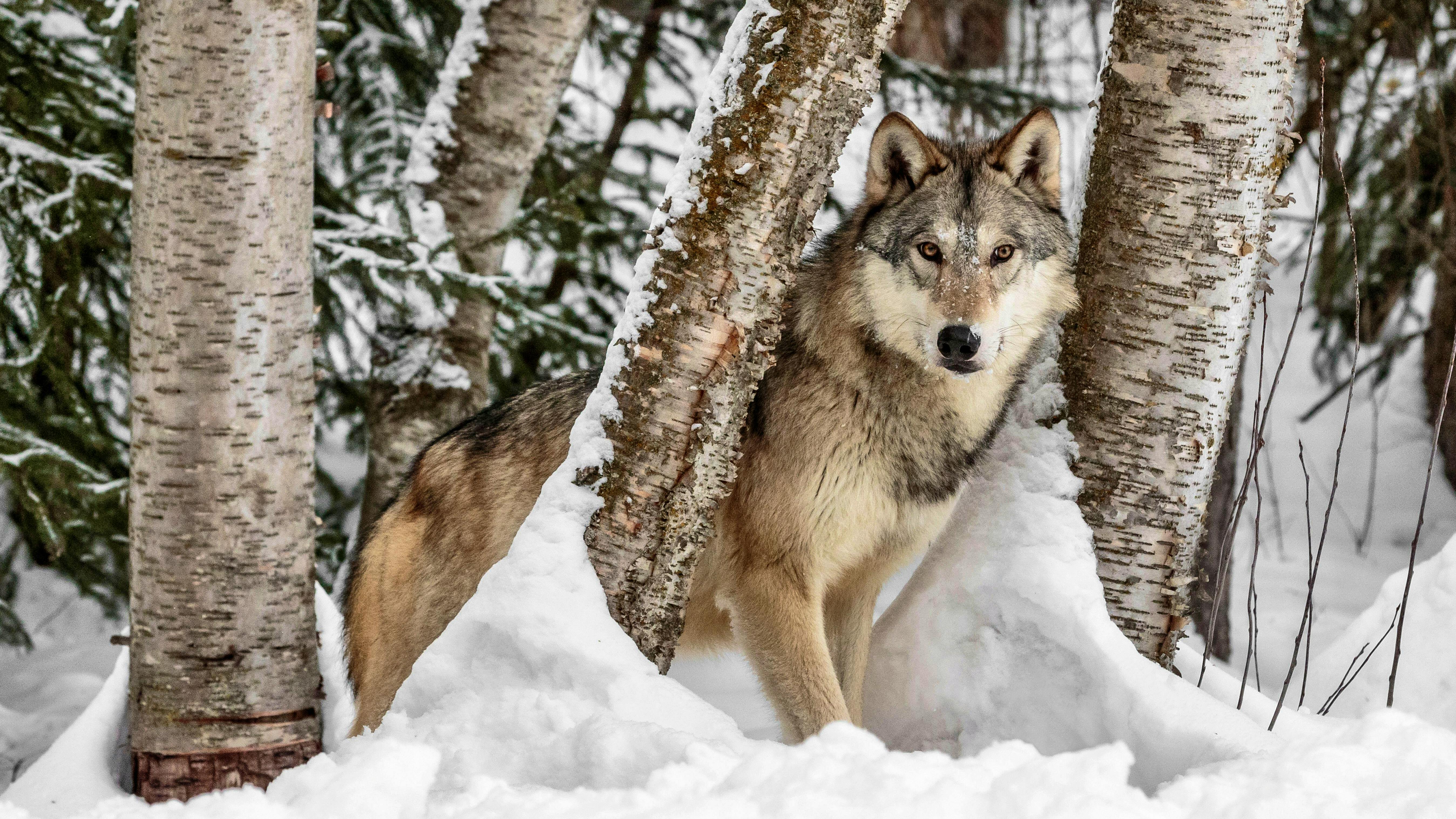Your weekly roundup of wildlife news from across the country
Giant Pandas No Longer Endangered; Eastern Gorillas At Critical
The International Union for the Conservation of Nature (IUCN), which tracks the status of wildlife species around the globe, recently changed the status of two notable species. Thanks to more available habitat, as well as other conservation efforts, the number of giant pandas increased by 17% in just 10 years – enough for the IUCN to change the species’ status from endangered to vulnerable. Unfortunately, things are not going so well for the Eastern gorilla. Hunting for these animals has driven their population down by 70% in the last 20 years, and experts believe there are fewer than 5,000 remaining. The IUCN changed the eastern gorilla’s status to critically endangered. Sadly, this designation is now shared by four of the six great ape species.
Learn more about what these changes mean for pandas and gorillas >
Famous Orca Goes Missing
Researchers are concerned that there has been no sighting of the orca designated J14 (also known as “Samish”) in several weeks, possibly indicating that she has died. J14 is a 42-year-old matriarch of the J pod of Southern Resident orcas, the unique group of orcas that live off the Pacific northwest coast. These orcas have been under severe stress, as pollution and drought impact their primary food source: Chinook salmon.
Read more about J14 and the other Southern Resident orcas >
Climbing for Owls
Nobody knows how many Mexican spotted owls are left in the wild, or what exactly is threatening their survival. But our team, along with the U.S. Fish and Wildlife Service and the U.S. Forest Service, is doing everything we can to find out. And recently, that effort took one of us on a late-night climb up the side of a mountain, searching for signs of this rare species.
Get a firsthand account of this research trip from our team >
Humpback Whales Delisted
Despite Ongoing Challenges Officials at the National Marine Fisheries Service (NMFS) recently announced that nine of the 14 populations of humpback whales are to be delisted – removed from protection under the Endangered Species Act (ESA). While many are touting this as a success story, our experts are concerned that this move is too much to soon. While humpback whale numbers have certainly grown over the years (a testament to what the ESA can do for imperiled species), that is not by itself a reason to delist. NMFS’s decision fails to take the best available science on humpback whales into account. At the same time, it doesn’t account for the ongoing threats that these whales face, including habitat destruction, climate change, pollution, entanglement in fishing gear, collisions with ships, and more. Without addressing those threats, it is simply too soon to strip these whales of ESA protection.
Read more about the delisting >
Rallies for the Red Wolf
Wolf supporters recently gathered with Defenders of Wildlife and other conservation groups in North Carolina to show their support for Red Wolves, the most critically endangered canid in the world. With the U.S. Fish and Wildlife Service considering abandoning their Red Wolf recovery program this fall, these rallies served to remind officials that wildlife advocates expect them to see Red Wolf recovery through.
Tell officials to stand strong for Red Wolves >

You Can Help Stop Deadly Wildlife Crime
A heartbreaking number of animal species are being traded into extinction.The international trade in wildlife and wildlife products is big business, and the illegal trade is on a scale comparable to trafficking in drugs and guns. Later this month, our international team will attend a global gathering of nations in South Africa to stem the extinction epidemic that threatens so many animal and plant species. They’ll be advocating for measures to reduce the demand for elephant ivory, and to protect a range of other species that are currently in growing danger – animals like African gray parrots, devil rays, nautilus, Titicaca water frogs, Ocellate River stingrays and arboreal alligator lizards. These animals can’t speak for themselves – we must do it for them.
Show your support by signing our pledge to protect species threatened by international trade >






Follow Defenders of Wildlife
facebook twitter instagram youtube tiktok threads